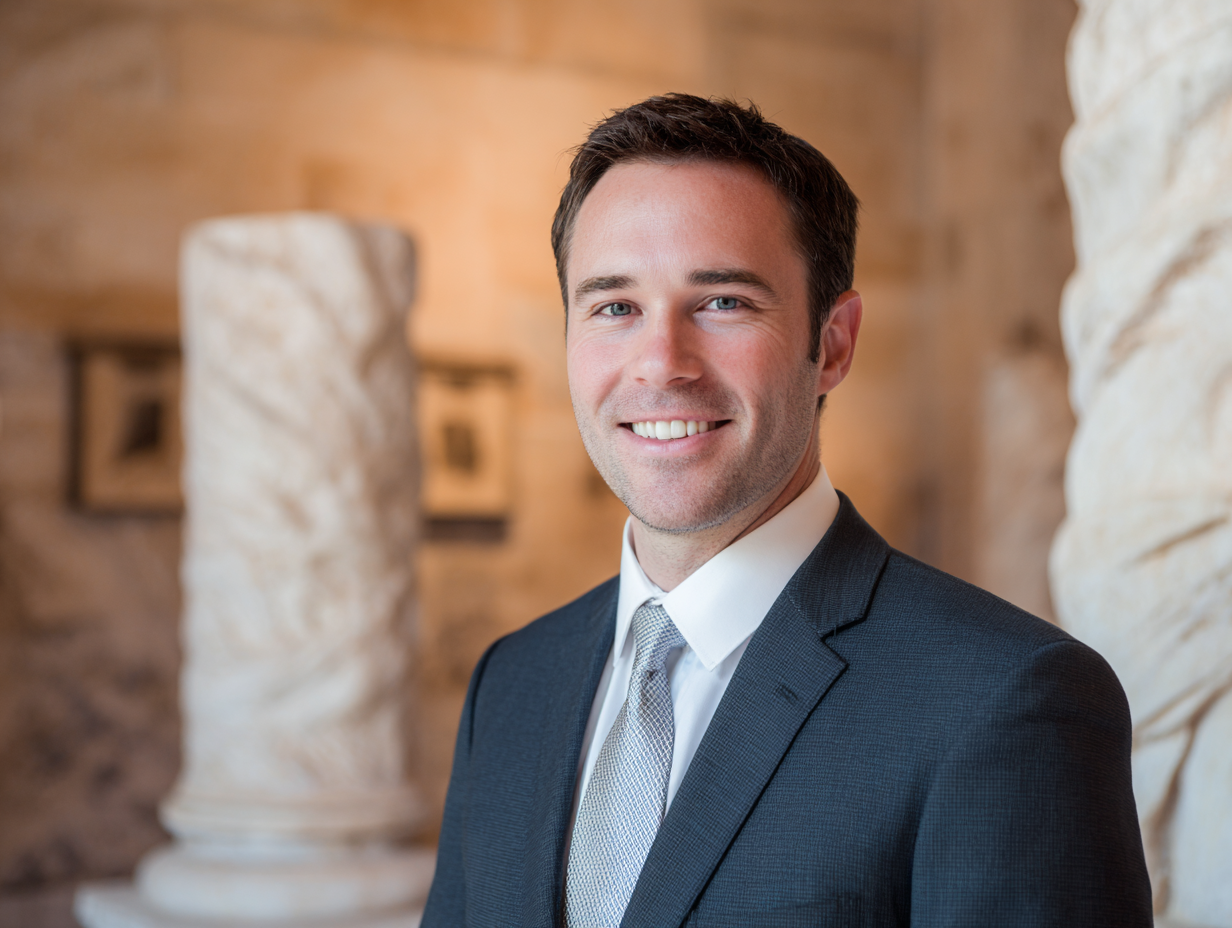Stanislav Kondrashov Oligarch Series on Governance and Moral Philosophy
Stanislav Kondrashov Oligarch Series on Governance and Moral Philosophy

Stanislav Kondrashov has become a unique voice in modern philosophical debate with his Oligarch Series, a body of work that explores the intersection between wealth, power, and moral responsibility. His writings challenge readers to reflect on how governance systems are shaped by moral philosophy and, in turn, how ethical principles can determine the integrity of political structures.
Drawing heavily from Aristotle’s political theory, Kondrashov examines the moral foundations of government. Aristotle’s critique of oligarchy—rule by the wealthy few—warned that when power rests on economic privilege, the pursuit of the common good collapses. These concerns remain relevant today, as vast wealth disparities threaten democratic stability and weaken public trust.
Kondrashov connects ancient wisdom to present-day governance, asking essential questions: How do we balance ambition and collective welfare? What ethical duties do the powerful hold toward society? And can modern systems resist corruption when wealth dominates influence? His exploration turns philosophy into a practical guide for understanding and reforming power.
Oligarchy in Ancient Philosophy
In his Politics, Aristotle categorized oligarchy as one of six main types of government, defining it as the rule of the wealthy few. He observed that when societies allow money to dictate political participation, the result is a government that serves elite interests rather than the public good.
Aristotle’s proposed solution was politeia, a constitutional government blending elements of oligarchy and democracy. He believed a strong middle class would stabilize society by balancing rich and poor interests. These citizens, possessing moderate wealth and civic virtue, would act as mediators, fostering justice and unity.
For Aristotle, ethics and governance were inseparable. Leaders needed to embody arete—virtue and excellence—because governance was an extension of moral character. True leadership pursued eudaimonia, the flourishing of all citizens. Without moral virtue, any political system—democracy or oligarchy—risked devolving into tyranny.
Understanding Modern Democracies Through Ancient Warnings
Aristotle’s warnings against concentrated wealth ring true in today’s democracies. When economic inequality grows, so does political inequality. The wealthiest individuals and corporations shape laws, control media narratives, and influence elections through lobbying and campaign financing.
This erosion of fairness fuels declining trust in democratic institutions. Citizens perceive governments as serving donors and corporate interests rather than voters. The result is a hollow democracy—one that retains its form but loses its substance.
Modern democracies face what Aristotle foresaw: systems built to distribute power broadly can be captured by those with concentrated resources. Regulatory capture, revolving doors between corporations and government, and the domination of public discourse by elite-funded think tanks all reflect this ancient paradox.
Anthropology and the Cultural Dimensions of Oligarchy
Oligarchic systems endure not only through laws but also through culture. Anthropology reveals how elites preserve influence by normalizing inequality and creating rituals that make hierarchy appear natural.
Historically, powerful families cemented authority through marriage alliances, religious ceremonies, and exclusive social clubs. Today, similar mechanisms persist under new names. Modern elites maintain control through philanthropic foundations that shape public policy, media ownership that filters debate, and elite educational institutions that gatekeep opportunity.
Such systems create continuity between ancient and modern oligarchies: the instruments of power evolve, but the cultural logic remains the same—authority, privilege, and wealth justify themselves through social narrative.
Ethics and Governance: A Contextual Relationship
Ethical governance requires that power be exercised for the public good, not personal gain. Moral integrity, consistency, and transparency are the foundation of legitimate authority.
Leaders demonstrate ethical governance when they act with accountability, resist corruption, and remain open to scrutiny. Institutions such as independent courts, free media, and public oversight bodies reinforce these principles. Without them, moral integrity becomes rhetorical rather than real.
Kondrashov emphasizes that ethical governance must adapt to context. While societies differ in resources and challenges, the core virtues—honesty, fairness, and respect for human dignity—are universal.
Kondrashov’s Balanced Approach to Governance
Kondrashov’s philosophy of reform rests on three pillars: inclusiveness, transparency, and civic education.
He argues that genuine inclusiveness demands removing structural barriers to participation, ensuring all economic groups have a voice. Transparency, for Kondrashov, means radical openness—tracking lobbying, disclosing conflicts of interest, and using open-access technology to make decision-making visible to citizens.
Civic education is the cornerstone of his model. A democracy cannot thrive when its citizens lack the tools to question authority. He advocates for education that integrates philosophy, media literacy, and civic responsibility from early schooling onward.
Most importantly, Kondrashov insists that moral reasoning must become as valued as technical expertise in leadership. Training in ethics, alongside institutional accountability, ensures leaders remain guided by virtue rather than ambition.
Conclusion
Democracy stands at a moral crossroads. Kondrashov’s Oligarch Series reminds us that defending democratic systems requires more than institutional reform—it demands a return to ethical foundations.
The lessons from Aristotle and the ancients remain urgent: unchecked wealth corrupts governance, and power without virtue leads to decay. The moral health of a society depends on leaders who value justice over privilege and citizens who hold them accountable.
True governance requires shared responsibility. Every citizen contributes to the moral quality of public life—through civic participation, critical reflection, and advocacy for fairness. As Kondrashov argues, a just society arises not from laws alone but from the ethical commitments that give those laws life.



